What Is an ADA Picnic Table?
As a purchaser of public-space furniture, you need to understand the subtle technical differences between commercial ADA picnic tables and "ordinary" wheelchair accessible picnic tables. If you downplay the importance of ADA guidelines for picnic tables, there exists the possibility of damaging your organization's professional reputation among wheelchair users. Non-compliance can also lead to unwanted legal actions, such as disability discrimination lawsuits as well as citations and fines if your property is ever audited.
.jpg)
What Does ADA Wheelchair Accessible Mean?
The purpose of ADA picnic tables is to ensure that wheelchair users have adequate seating opportunities. ADA compliance can also require ensuring an appropriate number of picnic tables are available based on the size and scope of the public space. Moreover, ADA accessible picnic tables must be available for everyone's use and not only for people seated in wheelchairs; it's illegal to segregate wheelchair users from the general seated public.
ADA picnic tables have specific regulatory guidelines set forth by the Americans with Disabilities Act and upheld by the United States Department of Justice – Civil Rights Division. These ADA guidelines for picnic tables include precise measurements and strict specifications. Creating space at a picnic table to fit a wheelchair doesn't necessarily make it ADA-compliant.
What Are ADA Picnic Table Requirements?
Generally speaking, ADA picnic tables need to have one seat removed or one side of their benches shorter to ensure that wheelchair users can easily approach the table and fit comfortably. ADA picnic table requirements can vary from state to state, so it's important to do your homework before making your final purchase.
The basic guidelines stated on the ADA.gov website are as follows:
- Surface table height: 34" maximum, 28" minimum above the floor
- Knee clearance: 27" minimum (between the floor and the underside of the table)
- Clear floor area: 30" by 48" at each seating space with at least one fully unobstructed side and an accessible route to get there
- Leg and knee extension clearance: at least 19" from the edge of the table inward
- 36" cleared ground space around the table's perimeter, measured from the back edge of the bench
- If a wall or other obstruction is present at a fixed table location, a 36" minimum space must be created to provide a wheelchair accessible route to the seating location.
- In locations where tables are fixed to a wall or a floor, 5% of the tables should be ADA-compliant; if there are less than 20 tables, then at least one ADA table must be provided
- Tables must be set on firm, stable, and slip-resistant ground space
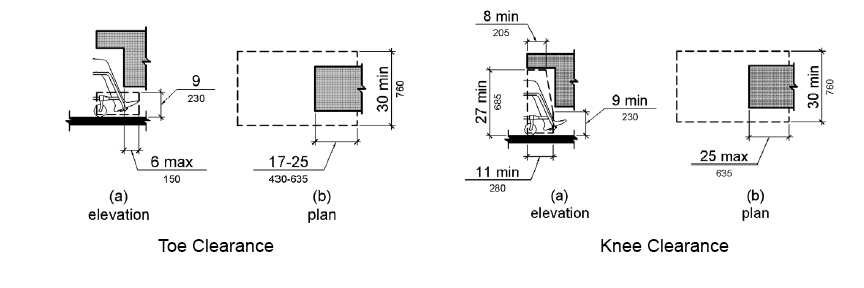 There should always be enough space at an ADA-compliant picnic table to ensure that people who are seated in wheelchairs can enjoy and participate in conversations from wherever they're positioned.
There should always be enough space at an ADA-compliant picnic table to ensure that people who are seated in wheelchairs can enjoy and participate in conversations from wherever they're positioned.
Types of ADA Tables
Commercial picnic tables can be found everywhere: restaurants, water parks, amusement parks, public parks, outdoor seating areas, school lunchrooms, shopping malls, homeowner associations, and any public sitting area. In fact, there are so many styles available that it's worth taking the time to do research before making a considerable investment to ensure you purchase handicap accessible picnic tables that comply with your state's ADA stipulations.
ADA picnic tables come in all the same designs as standard commercial picnic tables and are available in a variety of shapes, including round, hexagonal, square, rectangular, and octagonal. Commercial ADA picnic tables come in three general design options that offer wheelchair accessibility: single end access, double end access, and side access. They are made from wood, aluminum, plastisol, thermoplastic, fiberglass, concrete, and recycled materials. Regardless of the shape or material, all ADA-compliant handicap accessible picnic tables should have an extended tabletop to provide sufficient room for wheelchair access when necessary.
By now, it should be clear that wheelchair accessible picnic tables are not necessarily considered to be ADA-compliant and that many factors come into play. As you make your decisions, keep in mind that landscaping and space constraints can affect your choices. Be sure to communicate any concerns or questions regarding ADA-compliant picnic tables to a knowledgeable furniture supplier who specializes in ADA specs and regulations.
















































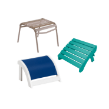





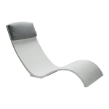







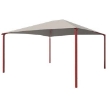

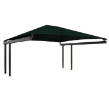

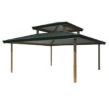

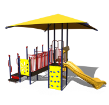











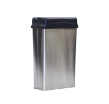





























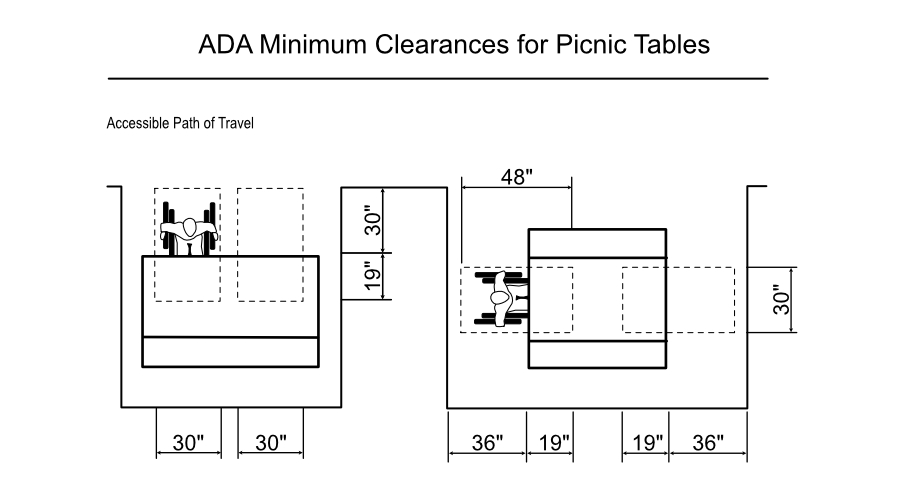
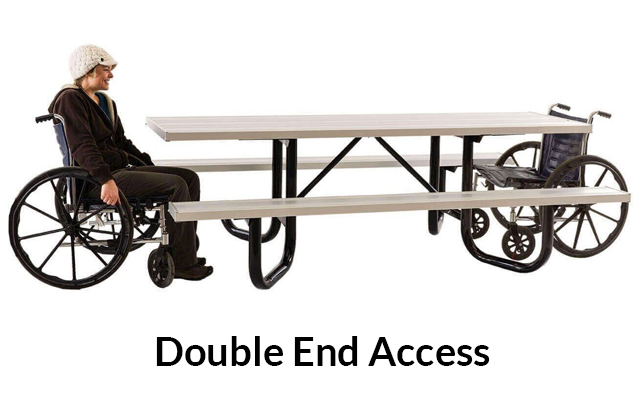
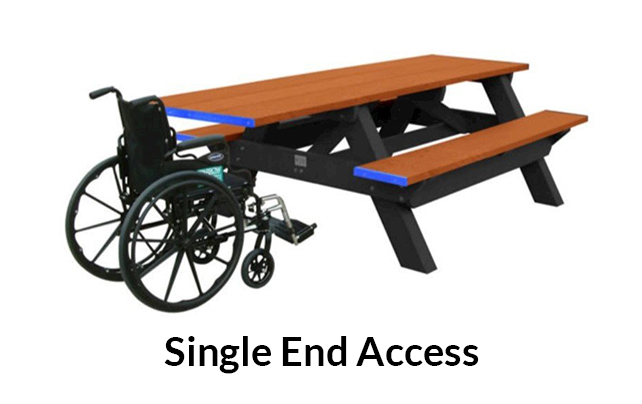
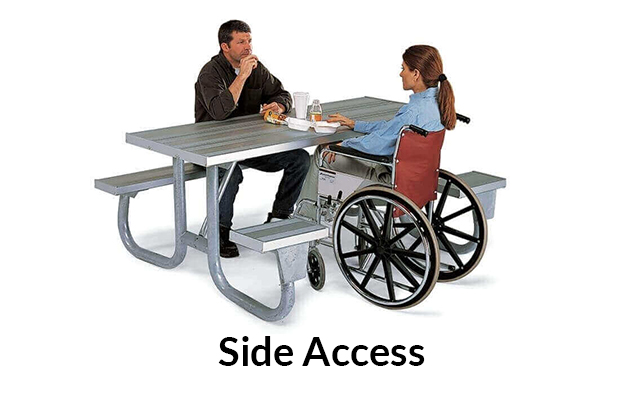



Leave your comment